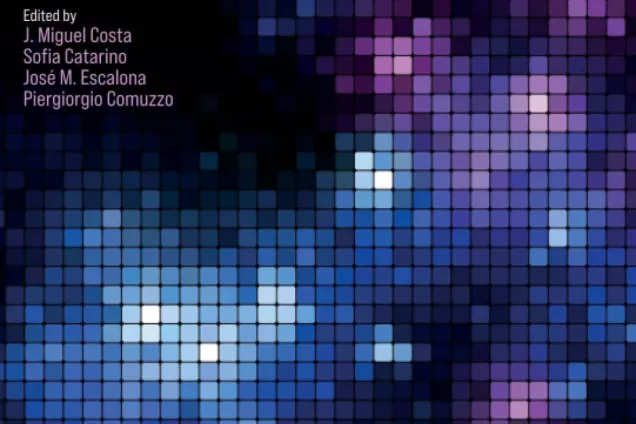Business management and practice
Business management and practice – for a transition to low-carbon and resource-efficient economies.
The research on ‘sustainable business’ is conducted in collaboration with companies, governmental authorities and other societal actors such as NGOs in an international as well as Swedish context. Based on the conviction that the transition towards sustainable development requires both changes in business practice and institutional context, we research circular economy, sustainable business models, approaches to support industry transitions, corporate sustainability strategies and action, and the nexus of corporate action, standards and public policy. The focus is on identifying ways to significantly reduce the resource use and carbon footprint associated with business.
The Sustainable Business theme has the vision to develop tools, methods and approaches to guide business and other societal actors in the transition to a sustainable society. We aim to develop innovative research approaches to help guide the experimentation and roll-out of new technologies and sustainable business development and practice. Within this, we explore solutions for a broad spectrum of organisations, ranging from early stage startups, SMEs and multinationals, to non-profits and new and evolving organisational forms such as hybrid organisations (e.g. B-corporations), thus focusing on entrepreneurial as well as intrapreneurial approaches. We connect this work to research on policy making and analysis. We collaborate closely with the Sustainable Urban Governance, Sustainable Consumption, and Policy themes.
- Research coordinator: Philip Peck
- IIIEE researchers: Carl Dalhammar, Beatrice Kogg, Steven Curtis, Håkan Rodhe, Åke Thidell, Jessika Luth Richter, Heather Schoonover, Lars Strupeit
Current research projects:
CIRCUSOL stands for “Circular Business Models for the Solar Power Industry”. It is an Innovation Action project funded by the Horizon 2020 program of the European Commission. It brings together 15 partners from 7 European countries to develop and demonstrate business solutions for circular economy in the solar power sector. CIRCUSOL started in June 2018 and will run for 4 years.
IPACST is a major, three-year international and interdisciplinary research project that brings together the fields of sustainability, IP and innovation management, together with political sciences and engineering to transform our understanding of the role played by different Intellectual Property (IP) models inaccelerating sustainability transitions.
REES - Resource-efficient and effective solutions based on circular economy thinking (REES-2)
REES – Resource-Efficient and Effective Solutions based on circular economy thinking is a 4-year program run by a consortium of leading Swedish universities, large and small companies and societal actors. The program’s vision is to advance the transition of the Swedish manufacturing industry towards a circular and sustainable economy.In our resource-constrained world the urgency of accelerating transition from linear to circular economy is more pressing than ever.
Mistra sustainable consumption - from niche to mainstream
The programme aims to stimulate a transition to sustainable consumption in Sweden and beyond by generating in-depth knowledge on how niche sustainable consumption practices can become mainstream in the areas of food, furnishing and vacation practices. The programme will examine niche sustainable consumption practices and develop roadmaps for how they can be scaled up and mainstreamed by policy makers, businesses, civil society organizations and citizen consumers.
Urban Sharing: Sustainability and Institutionalisation Pathways


